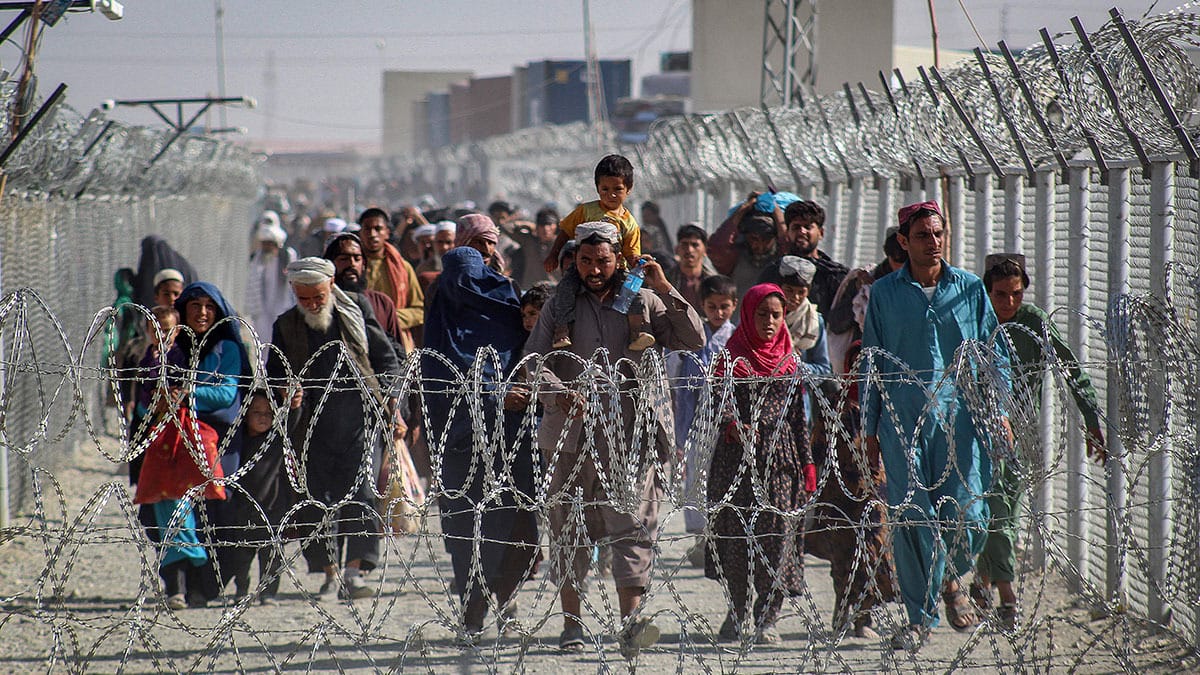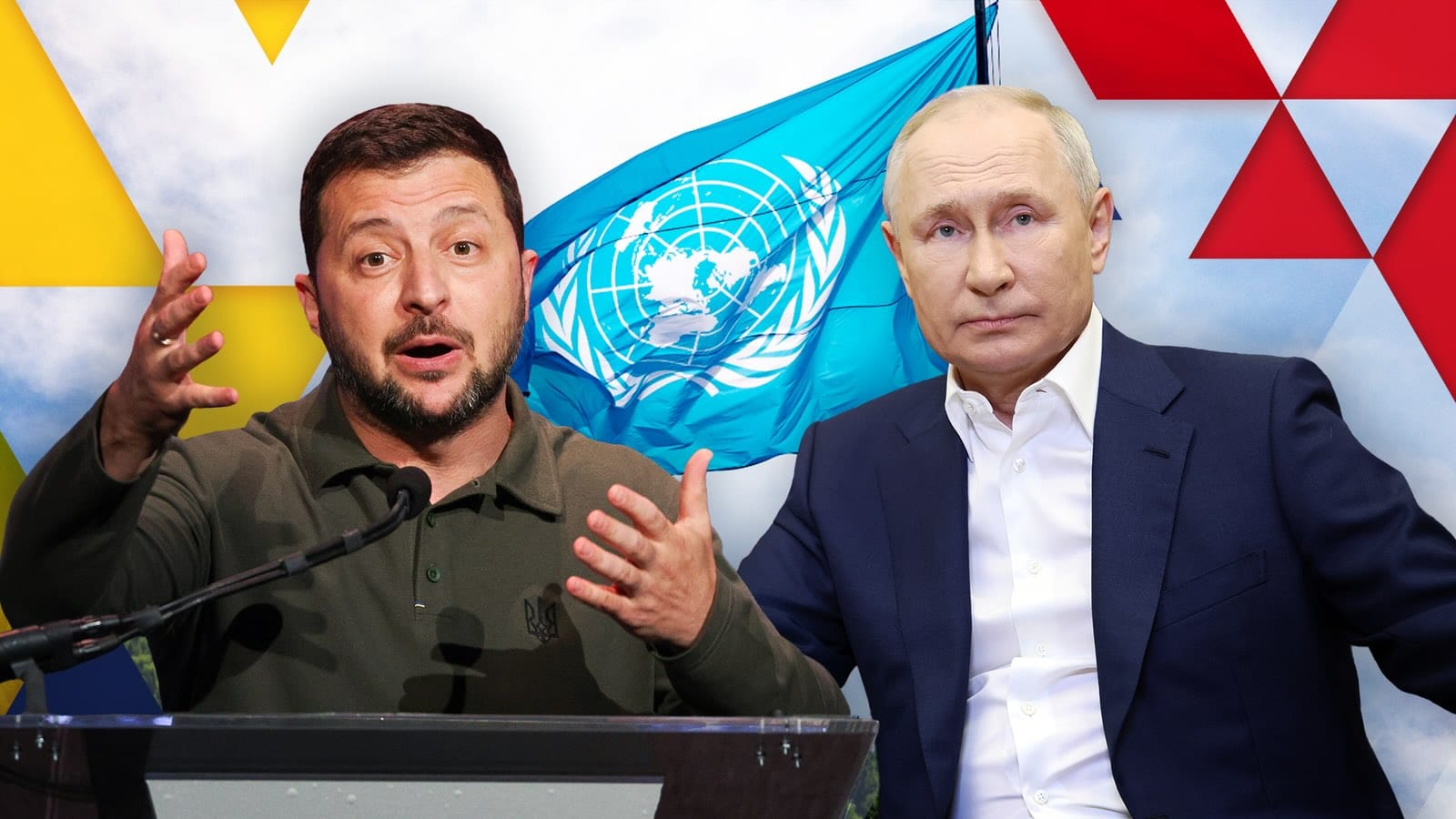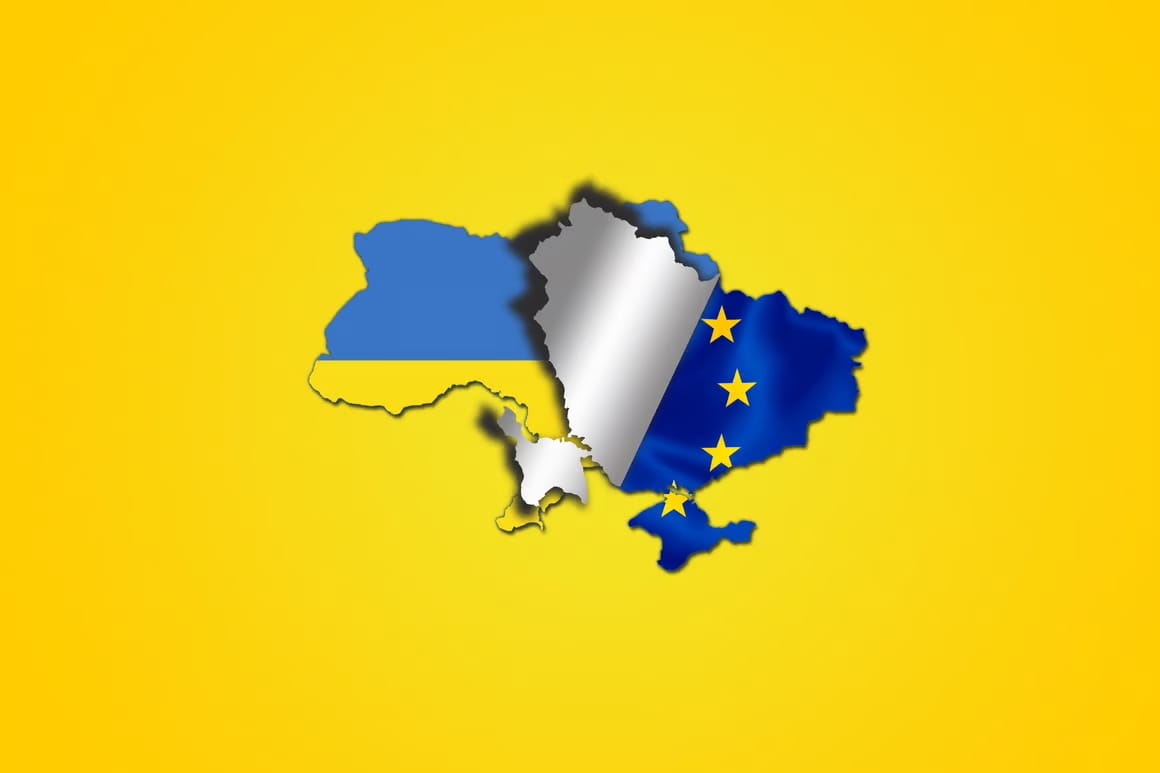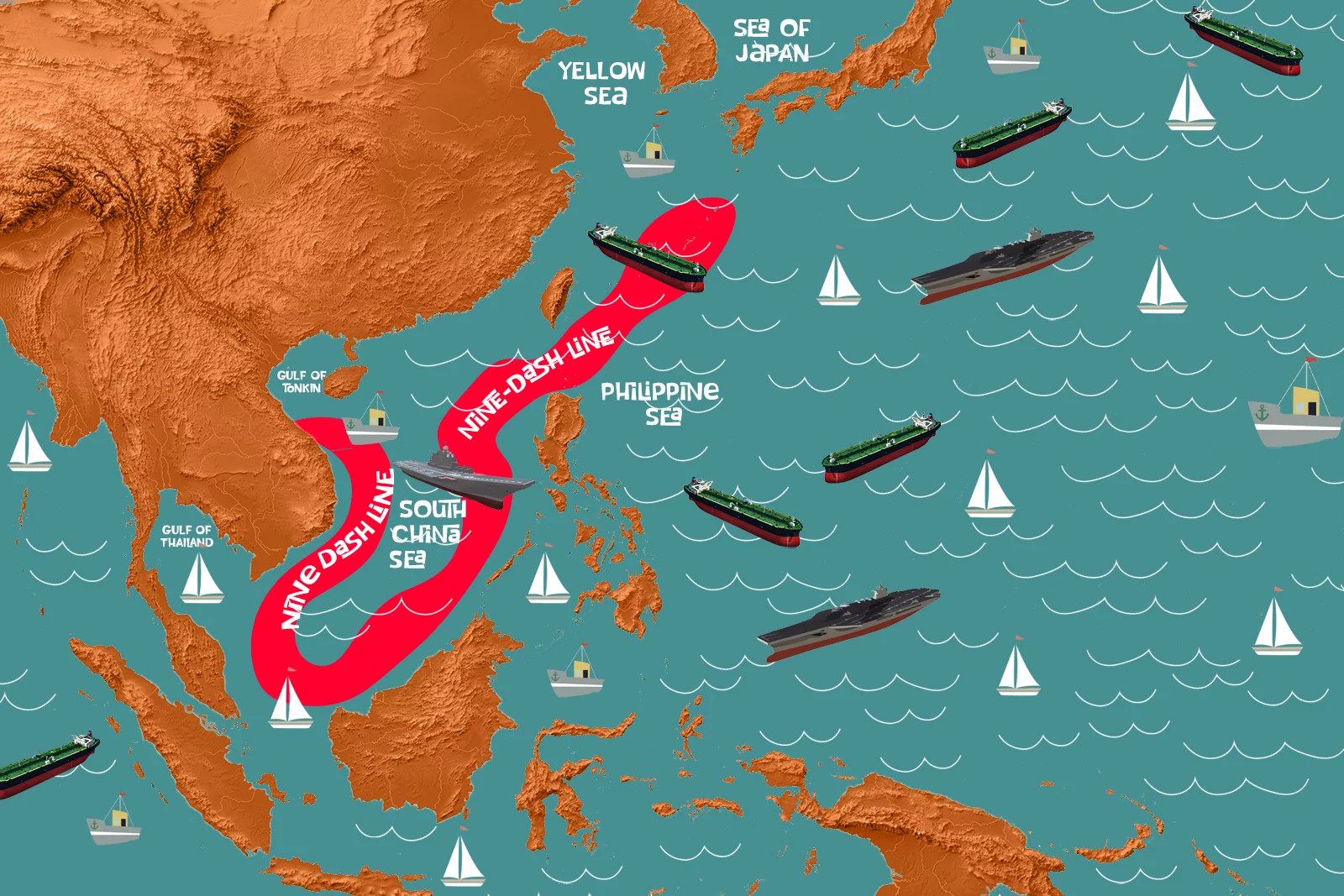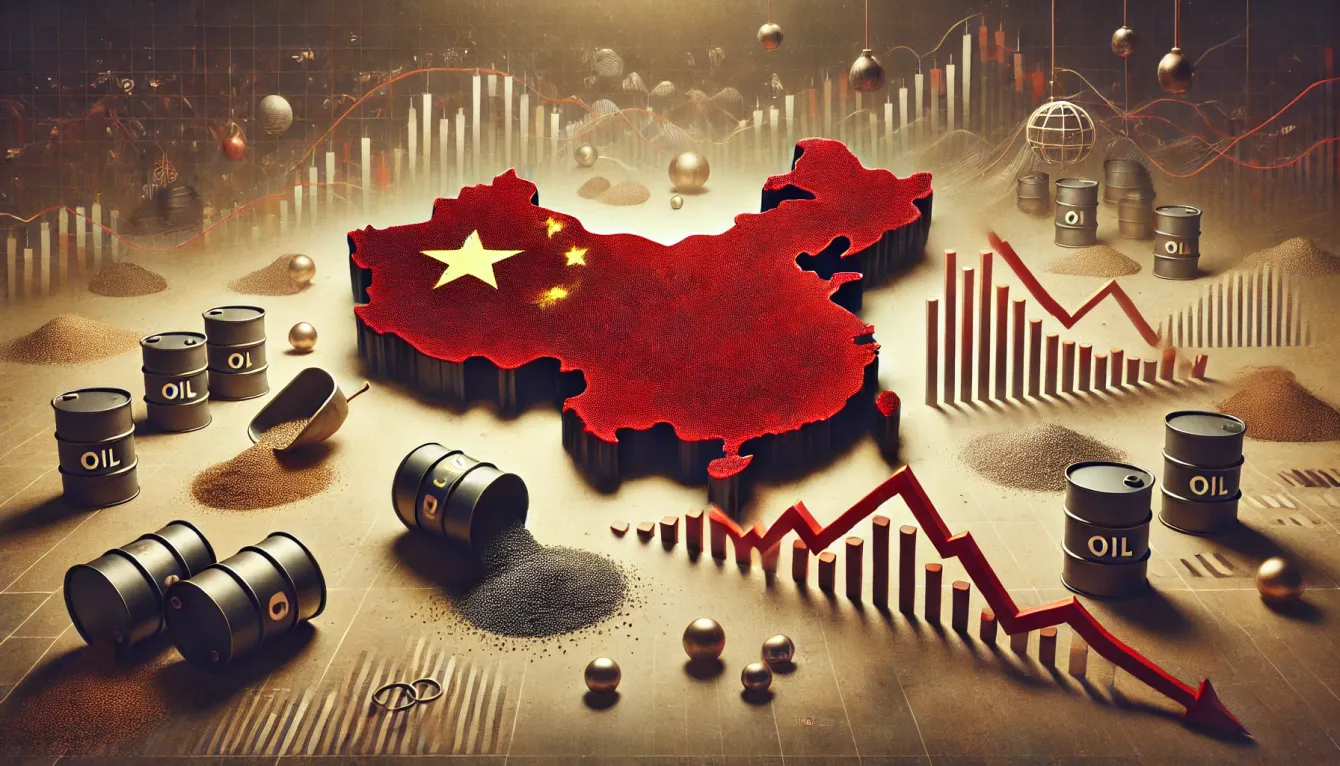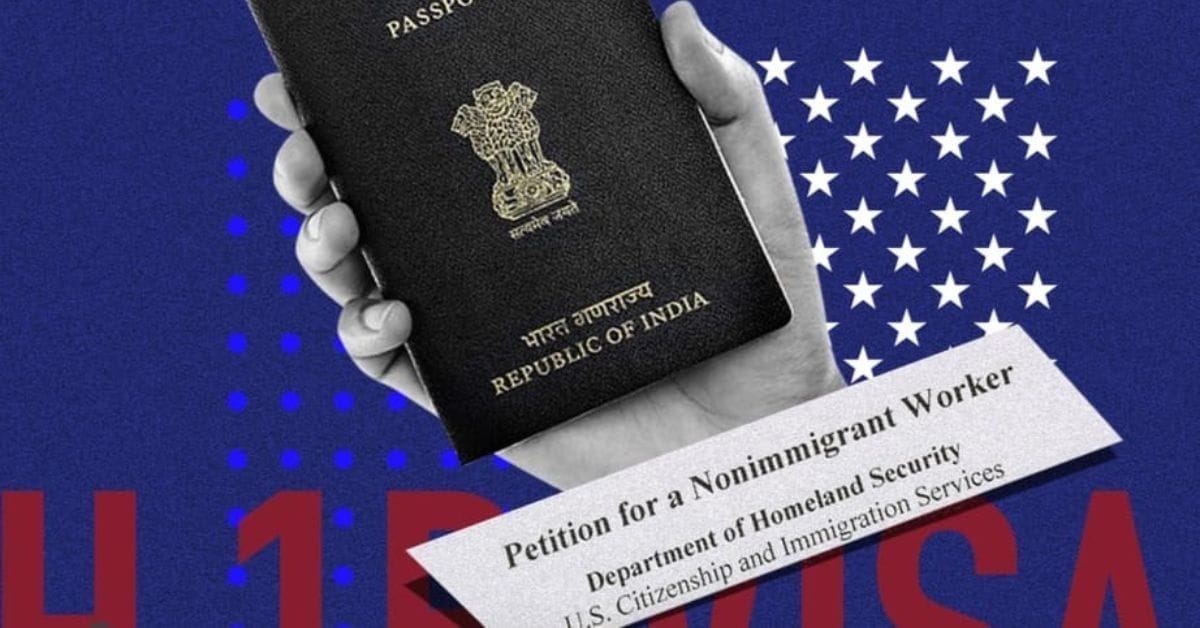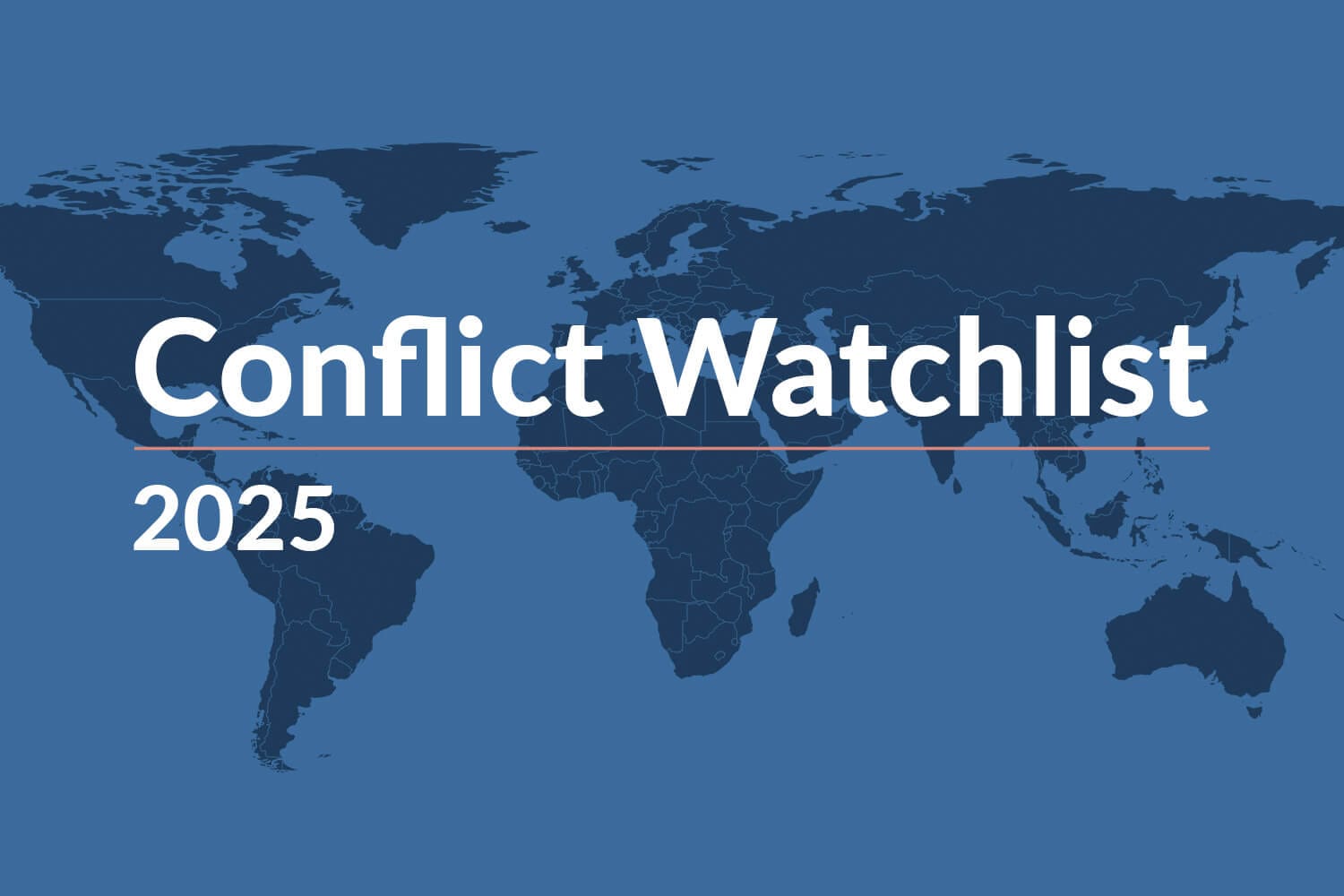Least-developed countries host the largest number of refugees, according to UNHCR. In Asia and the Pacific, 90% of all refugees are concentrated in three nations: Iran (3.4 million), Pakistan (1.7 million), and Bangladesh (952,400), with Iran and Pakistan sheltering one of the largest Afghan refugee populations. Once a safe haven for Afghans fleeing persecution, Pakistan’s stance has now drastically shifted. The Pakistan Interior Ministry has advised all Afghan nationals to leave by March 31, 2025, with Afghan Citizen Card (ACC) holders required to depart voluntarily before the deadline or face deportation from April 1, 2025. This directive falls under Pakistan’s Illegal Foreigners Repatriation Program (IFRP), in effect since November 1, 2023.
Category: Analysis
Can the United Nations still Resolve Modern Conflicts?
The United Nations (UN), formed in 1945 with the lofty goal of averting world conflict and encouraging international cooperation, has been a beacon of hope and multilateralism. Over the years, the UN has shifted its focus from simple state mediation to complicated peacekeeping, peace enforcement, conflict prevention, and post-war reconstruction. Its methodologies were mostly inter-positional during the Cold War. As crises became increasingly complicated, especially after the disintegration of the Soviet Union, international warfare (direct war) was replaced by a rise in domestic civil wars, ethnic conflicts, and political tensions among powerful states.
Digital Arrest: A Rising National Security Threat to India
Indian Prime Minister Narendra Modi in his monthly radio program “Mann Ki Bhat” alerted the citizens about the emerging cyber crime in India known as Digital Arrest. Prime Minister cautioned the citizens about the digital arrests where fraudsters impersonate themselves as law enforcement officials threatening citizens with fake arrests. The Digital arrest scam is widely occurring across India deceiving Indians and looting their hard-earned money through these scams. These scams are not isolated cyber crime incidents but rather a perpetrated by well-organised criminal gangs that have extensive knowledge of cyberspace.
The Price of Europe’s Support for Ukraine
The war’s origins trace back to 2014 when Russia annexed Crimea following pro-EU protests in Kyiv, which led to conflict between Russian-backed separatists and Ukrainian forces in Donetsk and Luhansk. Tensions escalated in late 2021 as Russia massed troops near Ukraine’s borders, demanding security guarantees from NATO. When diplomatic efforts failed, Russia launched a full-scale invasion on February 24, 2022, citing security concerns and alleged persecution of Russian speakers. Initial assaults targeted Kyiv, but after failing to seize the capital, Russian forces withdrew in April, refocusing their offensive on eastern and southern Ukraine, where as of 2024, they occupy around 20% of Ukraine, having gained over 4,000 square kilometres.
China’s Energy Ambitions and the Nine-Dash Line in the South China Sea
The geopolitical conflict in the South China Sea (SCS) crops up around China’s territorial claims delineated by the nine-dash line. This contested region, rich in natural resources and critical to global trade, is a focal point of international tension. The SCS discord and the Chinese ambitions are not recent; they stem from historical precedents and contemporary strategic objectives. The origins of the nine-dash line trace back to the Kuomintang government of pre-independent China, which issued an eleven-dash map in 1947, claiming nearly 2 million square kilometres of maritime territories in the SCS.
An Independent Scotland and a United Ireland for the World
Ten years after the contemporary Scottish independence movement began, Scotland’s independence and the long-awaited reunification of Ireland have become historic certainty. Political figures made the startling announcement that Northern Ireland will soon join the Republic of Ireland and that Scotland will be recognised as an independent country. The British Isles, as well as the distribution of power and international relations worldwide, are now redefined by these two significant events, which have their roots in decades of cultural revival, political unrest, and revolutionary catalysts.
A Snapshot of China’s Economy in 2024
On January 17, 2025, the National Bureau of Statistics (NBS) of China released the GDP figures for the year 2024. The statistics show that China achieved its 2024 GDP target of 5 per cent in December 2023 at the CEWC meeting. The economy peaked in 2007 with a 14.2 per cent growth rate but stagnated after President Xi Jinping implemented the ‘Three Red Lines’ policy to improve the real estate sector. Stimulus measures and impressive Q4 growth from exports and manufacturing ended the year positively. The GDP totalled RMB 134.91 trillion (US$18.80 trillion) with a 5% year-on-year growth rate in constant prices, meeting the government’s objective.
H-1B Visa Politics: US Immigration Policy and its Impact on India
The triumph of the Republican leader Donald Trump as the President of the United States has brought the political focus on immigration issues and the H-1B visa programme to the forefront. The tough posture on the H-1B programme in his first tenure has softened his stance in his second tenure with courtesy of his Silicon Valley ally and supporter Elon Musk whose company thrives on a global talent pool for whom he says “we cannot do without them…go to war for visa issue if necessary”. With Musk appointed as the head of the New Government Efficiency Commission tasked with cutting down the federal budget from US$6.75 trillion to US$2 trillion, Trump intends to make the US into a manufacturing superpower to accomplish his mega project of ‘MAKING AMERICA GREAT AGAIN (MAGA).
10 Global Conflicts to Watch in 2025
In the Middle East, a chain of conflicts is taking place set off by Hamas’s Oct. 7, 2023, attack on Israel followed by the latter’s retaliation on Gaza Strip; Iran’s region wide attack through non-state proxies; and thus, setting a stage for Islamist rebels to topple the Assad’s regime, ending a half-century-old dictatorship in Syria. We also witnessed more aggression from Russia on Ukraine and thereby threatening a wider confrontation in Europe.
Is Luxury Losing its Spark? Affordable Exclusivity to the Rescue
The global luxury industry, long reliant on the wealthiest clientele, is facing a critical crossroads. As prices soar, even the affluent are beginning to feel the pinch, particularly in key markets like China. Luxury brands, which have historically thrived on exclusivity and high margins, are now confronting the dual challenge of maintaining their elite status while appealing to a broader, more aspirational customer base. The question at the heart of the industry’s future: Can luxury remain exclusive without pricing itself out of the market?
